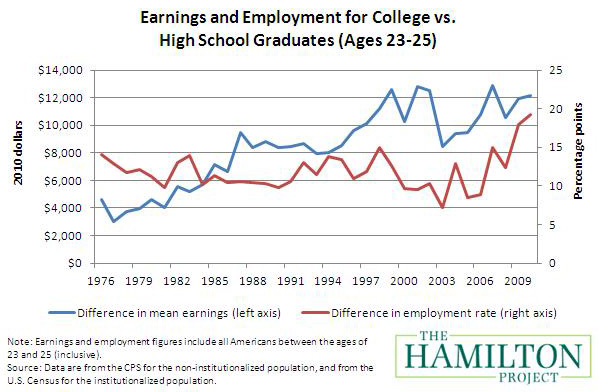Kenya’s economy has seen steady growth since 2002, averaging between 4 and 5 percent per year, according to the World Bank. Kenya’s economy briefly slowed down during the 2008 global economic downturn, but recovered quickly. The country’s economy was expected to grow nearly 6 percent this year, according to the International Monetary Fund, and the Nairobi Stock Exchange is up 21 percent in the last 12 months. But in light of recent events it is about to drop substantially.

A significant percent of Kenya’s economy relies on tourists, who travel thousands of miles to go on safari through Kenya’s Great Rift Valley and other wildlife reserves. Approximately 1.8 million tourists visited Kenya in 2011, primarily from Europe and the United States, according to the Kenya National Bureau of Statistics. Tourism from China and India has also grown in recent years. It is not clear how the attack in Nairobi will impact the country’s economic prospects, at least in the near term but Economist and local business owners fear that Kenya’s political instability will horrifically impact the economy and cause the number of tourists visiting to drop by 30% from its statistic of 1.8 million tourists in 2011. Not only will this adversely impact the country’s GDP and the success of businesses directed to tourism but the standard of living in Nairobi..
Sources
http://www.theguardian.com/world/interactive/2013/oct/04/westgate-mall-attacks-kenya-terror#part-two
http://bigstory.ap.org/article/attack-kenyas-economic-future-was-bright






